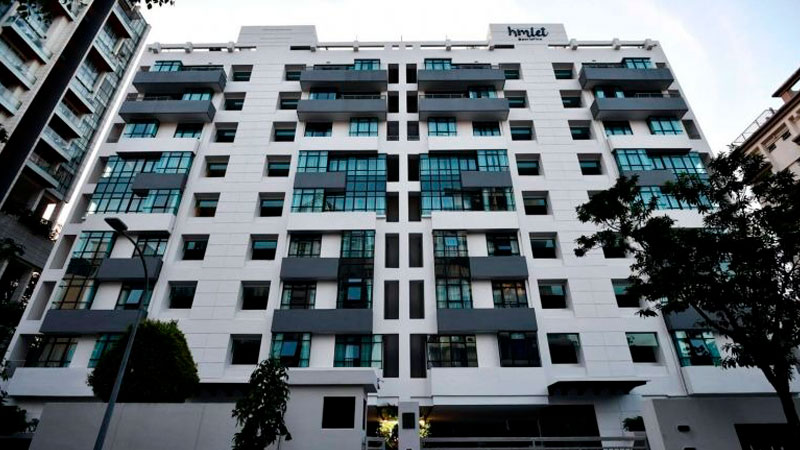Co-Living Operator to Launch Four New Properties
Singaporean co-living operator Hmlet has raised $55 million to accelerate its expansion along Australia’s east coast, with “immediate” plans to launch co-living properties in Sydney, Melbourne and Brisbane.
The Singapore-headquartered Hmlet subsumed local operator Caper Co-Living into its orbit as it expanded into the Australia market earlier this year, taking over two Caper projects in Newtown and Marrickville.
Since making its Australian debut, Hmlet has opened four co-living spaces in Sydney and has flagged plans for four more by the end of the year.
Hmlet said the fresh $55 million capital injection will allow it to expand its presence in markets with high-cost housing like Singapore, Hong Kong and Sydney. Plans to launch in Brisbane, Melbourne and Tokyo are also in the pipeline.
The Series B funding round was led by Germany’s Burda Principal Investments with participation from Indian venture capital giant — and existing Hmlet investor — Sequoia. New investors in the latest round include Mitsubishi Estate Co and Westpac-backed venture capital firm Reinventure Group.
The second round of funding comes less than a year after Hmlet raised $9 million in a series A round.
Burda principal Albert Shyy said he is impressed by the group’s rapid expansion and ability to work closely with building owners and landlords.
“We believe Hmlet is creating a product that addresses the changing lifestyle needs of today’s young working professional, which we are seeing globally.”
Related: Developer Opportunities in the Co-Living Sector: Report

Other players in the space include Ikea-backed Space10 and Australian operator UKO, which opened its second site in Sydney’s Paddington in May.
The sector has gained traction in Australia as an alternative to renting, with declining home ownership — falling to an all time low of 66 per cent in 2019 — and an increasing proportion of renters creating a prime environment for the emerging asset class.
ABS economist Bruce Hockman says the data shows that renters continue to devote more of their income to housing than home owners do.
“On average, private renters paid 20 per cent of their income on housing costs, compared to 16 per cent for owners with a mortgage and 3 per cent for households who owned their home outright.”
The largest increases in renter households was recorded in the private sector.
Hmlet currently manages more than 1,500 rooms, with a pipeline to expand into 10 cities across five countries within the next two years.














